Know:
What is War!
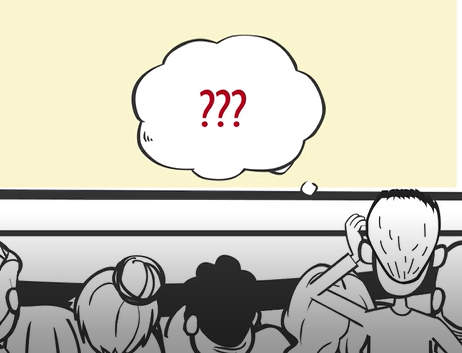
This page changed with the March 22, 2024 edit.
To move all ads to bottom of screen, shrink the window width
The prototype CleanHonestGov.Com Human Powered Vehicle is almost ready for travel-testing.
Helping establish Clean Honest Government with these united States of America.

This page changed with the March 22, 2024 edit.
•
expand and collaps do not work with READ MORE buttons yet
Most people know war as the shoot'm up and bombing activity.
But... have you consider Political wars?

War
1. The exercise of violence under sovereign command.
5. Hostility; state of opposition; act of opposition.


War
1. War may be defined the exercise of violence under sovereign command against withstanders; force, authority, and resistance, being the essential parts thereof.
5. Hostility; state of opposition; act of opposition.
— force, authority, and resistance, being the essential parts thereof —
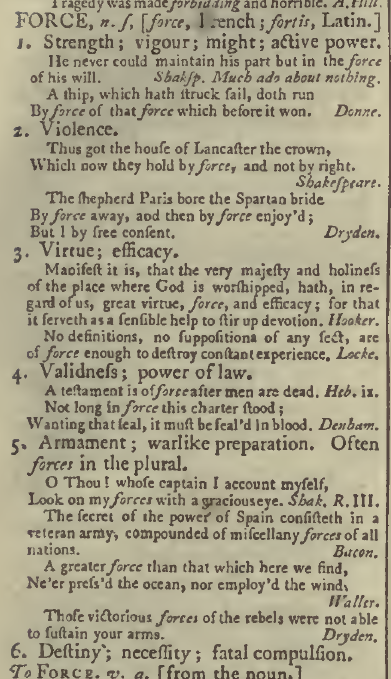
Force
1. Strength; vigour; might; active power.
2. Violence.
3. Virtue; efficacy.
4. Validness; power of law.
5. Armament; warlike preparations. Often, forces in the plural.
6. Destiny; necessity; fatal compulsion.
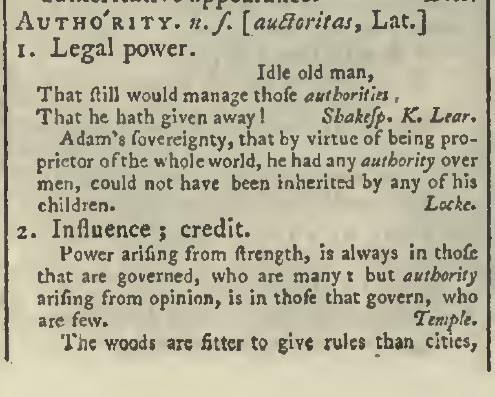
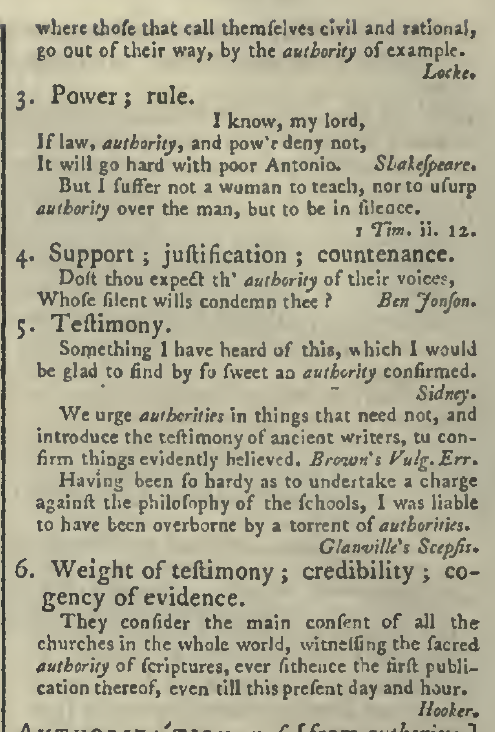
Authority
1. Legal power.
2. Influence; credit.
3. Power; rule.
4. Support; justification; countenance.
5. Testimony.
6. Weight of testimony; credibility; cogency of evidence.
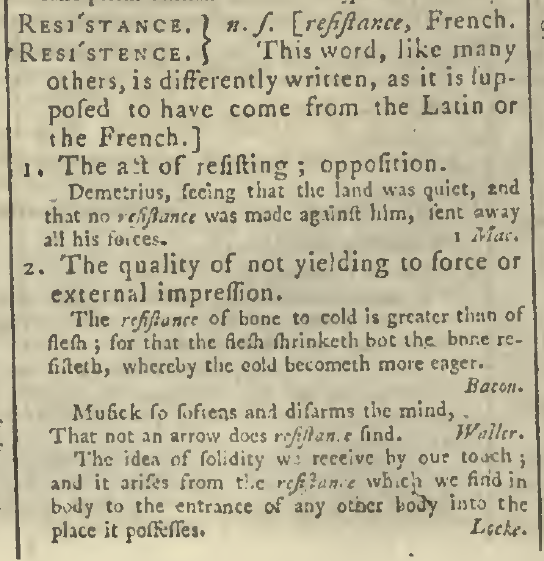
Resistance
1. The act of resisting; opposition.
2. The quality of not yielding to force or external impression.
When we review the era appropriate definitions for hostility, oppression, infringe, deny, disparage, and abridge, we see similarity in the definitions.

Hostile
Adverse; opposite; suitable to an enemy.

Hostility
The practices of an open enemy; open war; opposition in war.
The descriptions above regarding tyranny and treason apply here as well. Hostility. When they take you and or your property against your will, they are kidnapping and or armed robbery, especially when they act outside Constitutional authority.

To Oppress
1. To crush by hardship or unreasonable severity.
2. To overpower; to subdue.


Oppression
1. The act of oppressing; cruelty; severity.
2. The state of being oppressed; misery.
3. Hardship; calamity.
4. Dulness of spirit; lassitude of body.

Oppressor
One who harasses others with unreasonable or unjust severity.
— harasses others with unreasonable or unjust severity — is exactly what is done when the government acts outside The Constitution's granted powers.

To Infringe
1. To violate; to break laws or contracts.
2. To destroy; to hinder.

Infringement
Breach; violation.
— To violate; to break laws or contracts; Breach; violation. —
This defines unconstitutional government activity. A breach of contract. A violation against the Supreme Law of the Land.

To Deny
1. To contradict; opposed to affirm.
3. To refuse; not to grant.
4. To abnegate; to disown.
5. To renounce; to disregard; to treat as foreign or not belonging to one.


Disparage
4. To treat with contempt; to mock; to flout; to reproach.
5. To bring reproach upon; to be the cause of disgrace.
— To bring reproach upon; to be the cause of disgrace — This is what government does when it publicly accuses and tries a person for violating unconstitutional laws.


To Abridge
3. To deprive of; to cut off from. In which sense it is followed by the participle from, or of, preceding the thing taken away.

Abridged of
Deprived of, debarred from, cut short.

Abridgment
2. A diminution in general.
3. Contraction; reduction.
4. Restraint from any thing pleasing; contraction of any thing enjoyed.
— to deprive of — is what government does when they pass laws prohibiting you the free exercise of a right that does not violate others; and is protected under Amendment #9.
The Declaration describes the passing of unconstitutional laws and unconstitutional acts by government as acts of tyranny & despotism. The Constitution, Article 3, Section 3 defines this as the treason of levying war against the nation.
Usually, well-armed law enforcement officers ticket and or arrest people who offend those unconstitutional laws. The Constitution, Article 3, Section 3 defines this as the treason of adhering to and giving aid and comfort to the enemy.
When judges only want to know if the accused violated the unconstitutional law; The Constitution, Article 3, Section 3 defines this as the treason of adhering to and giving aid and comfort to the enemy.
When jailers simply imprison the accused, without ever questioning the other actors; The Constitution, Article 3, Section 3 defines this as the treason of adhering to and giving aid and comfort to the enemy.
We, the governed people, are intended to work together to properly control the government's powers to equally protect each other's rights.
Share any content within this website. Get others talking about —Getting & Keeping Clean Honest Government.
[End Page Content]
To move all ads to bottom of screen, shrink the window width
How you can Invest in making Clean Honest Government Our Reality
Helping establish Clean Honest Government with these united States of America.